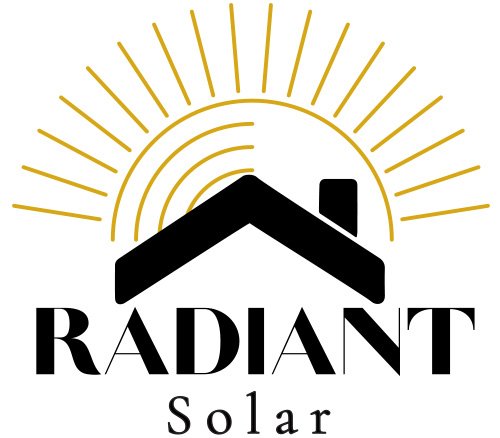What is Solar?
Explanation from an Installation Company
What is solar?
Solar energy, also known as solar power, is electricity that is generated from the sun's radiation. It is a renewable and sustainable source of energy that is becoming increasingly popular as people recognize the benefits of using clean, green energy sources. The technology behind solar power has been around for decades, but it has only recently become cost-effective and efficient enough to compete with traditional sources of energy like coal and natural gas.
How does solar work?
Solar power works by using photovoltaic (PV) cells, which convert sunlight into electricity. When sunlight hits the PV cells, it creates an electric current. This current is then sent to an inverter, which converts the direct current (DC) electricity into alternating current (AC) electricity that can be used to power homes and businesses.
What are some of the advantages of solar?
One of the biggest advantages of solar power is that it is a renewable and sustainable source of energy. Unlike fossil fuels (coal, gas, etc.), which are finite resources that will eventually runout, the sun's energy is essentially limitless. Additionally, solar power produces no greenhouse gas emissions, which means it is a much cleaner source of energy than conventional fuels.
Another advantage of solar power is that it can be used in remote locations that are not connected to an electric grid. This isparticularly important in developing countries where Solar poweris also becoming more cost-effective as the technology continuesto improve.
Is solar worth it?
The cost of PV cells has dropped significantly in recent years, making solar power more affordable than ever before. Additionally, many states offer incentives and subsidies for people who install solar panels on their homes or businesses, which can help offset the initial cost of installation.
Solar power can significantly reduce your electricity bills, as you will be using less energy from the grid.
Solar panels have a long lifespan, typically lasting 25-30 years or more, which means you can enjoy the benefits of solar power for decades to come.
Installing solar panels can increase the value of your home, making it a smart investment for homeowners.
Solar power systems can be customized to meet specific energy needs. Whether you need to power a small cabin or a large industrial complex, solar power can be tailored to meet your unique energy requirements.
Is solar good for the environment?
Solar power can be used in various applications, from powering small devices like calculators and watches to generating electricity for entire cities. This versatility makes it an attractive option for many different industries and uses.
Solar power is an eco-friendly and sustainable source of energy that offers numerous advantages. Here are some additional points to consider:
Solar power can help reduce our dependence on foreign oil and other non-renewable resources. By generating our own electricity from the sun, we can become more self-sufficient and reduce our reliance on imported energy sources.
Solar power is a reliable source of energy that can be harnessed even on cloudy days. While the amount of electricity generated may be lower on overcast days, it can still be a viable option for generating power.
Choosing solar power can also contribute to a cleaner environment, as it is a renewable energy source that produces no greenhouse gas emissions, and can lower your household’s overall carbon footprint.
Solar power offers many advantages over traditional sources of energy. As the technology continues to improve and become more affordable, we can expect to see even more widespread adoption of solar power in the years to come.

